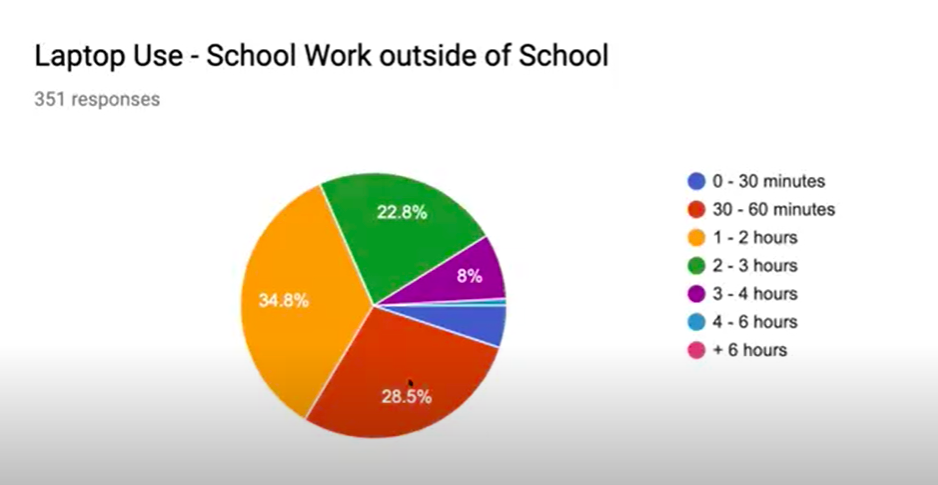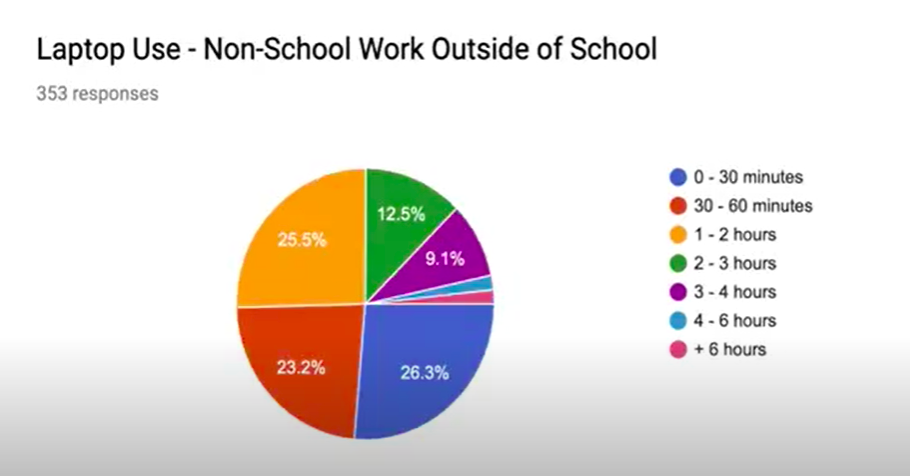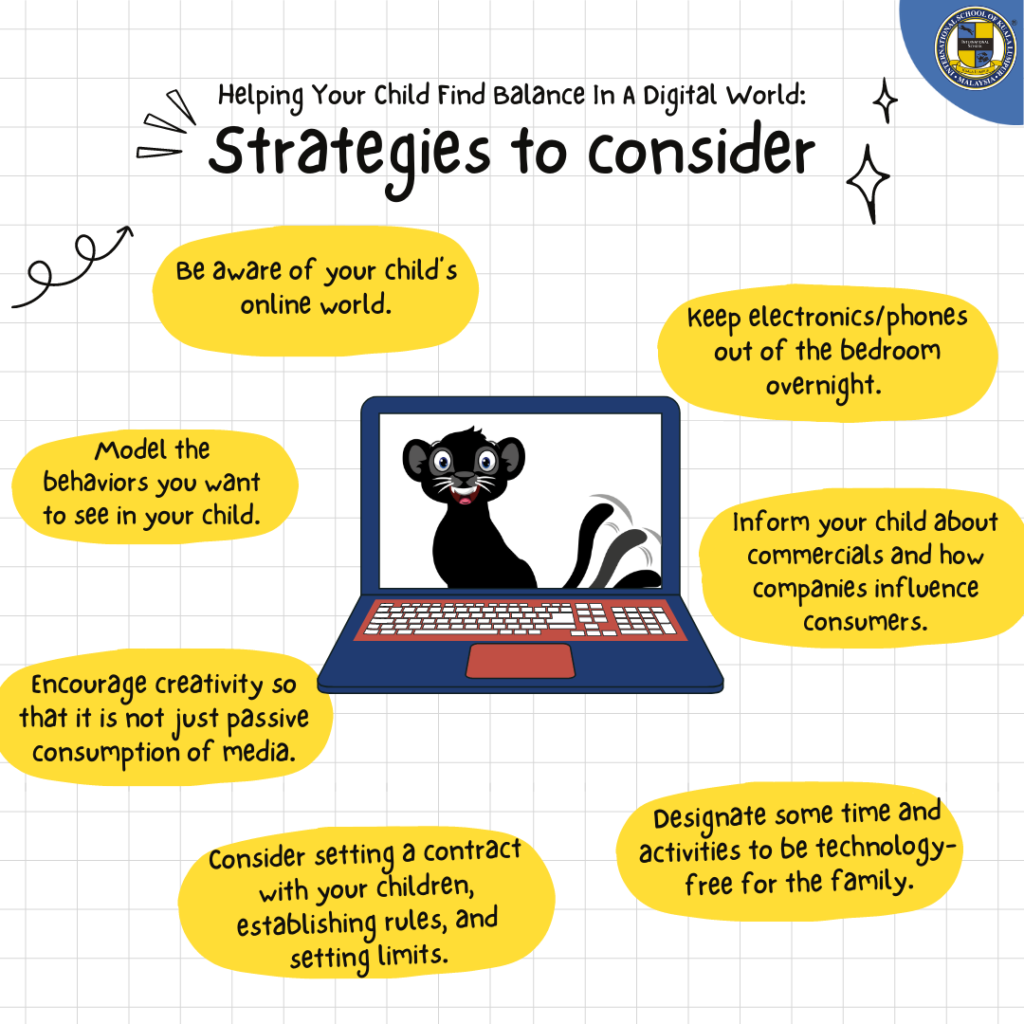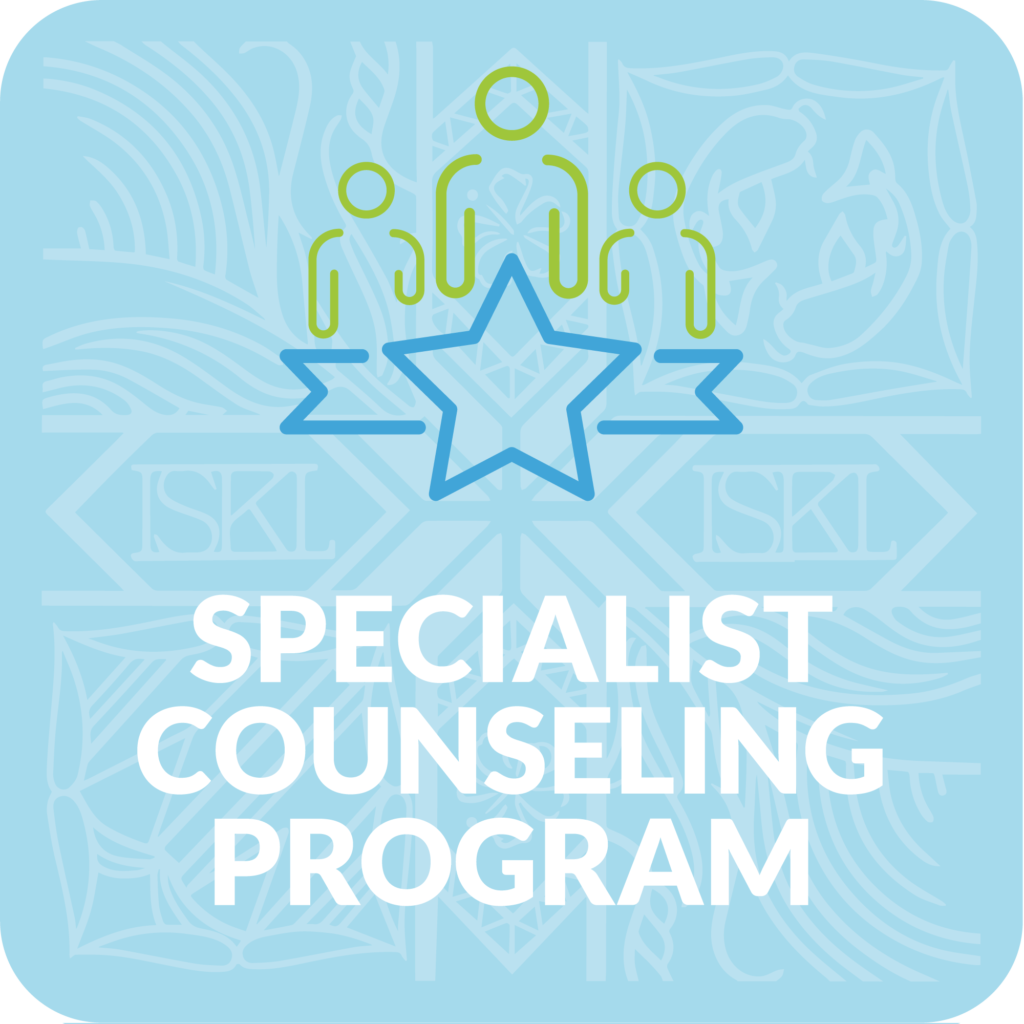Are children spending too much time online? Statistics compiled by Pew Research Centre revealed that 45% of American teens said they were online almost constantly, either on their computer or mobile phone.
At The International School of Kuala Lumpur (ISKL), we understand that it can be challenging for parents to keep up with technology’s fast-paced nature. With the current Movement Control Order, it might feel as though your children’s screen time has increased exponentially. Fret not, as there is a lot of good to be harnessed from technology. The trick is to strike a balance in the digital world to ensure that they benefit from the experience and keep learning.
In an ISKL parenting workshop on “Finding balance in a digital world,” ISKL school counselors Liesbet Recter and Jennifer Gold, and Tech Coordinator Dr. Bron Narsiman shared how parents can mediate their children’s use of technology media. According to Dr. Bron, digital engagement is starting even younger these days as research shows that a child’s earliest exposure to technology can be as early as four months old!
An ISKL survey last year for Middle School students showed that close to 35% of students spent one to two hours on their laptops for schoolwork, while almost 29% spent up to 60 minutes on the same activity in a day. Outside of school, about 26% spend approximately 30 minutes online, while another 26% are on their laptops up to two hours daily.


While it may seem quite worrying to see our children spend so much time online, there are many positive aspects to it. “Going online can give voice to and empower individuals to enable social change. It provides a more global perspective on issues and connects family and friends. Besides being a source of information, it can also foster individual identity and social skills and inspire creativity,” said Liesbet.
The challenge is how do parents keep students motivated for online learning?
“It is best that parents establish a structure and routine at home and check in on their children to help them build work ethics during online lessons. Every child responds differently to online learning, so it helps if parents could talk them through the process and praise their efforts to encourage them to persevere,” she suggested.
Parents are likened to lifeguards at home, helping their children navigate the “technology ocean” as kids look up to their parents as role models, said Liesbet. Depending on parenting styles, some may want to keep a closer watch on their kids, while others may prefer to monitor from a distance.
“What is important is that parents are aware of how their children are using the Internet, such as the type of games or applications they frequently use. Regardless of whether it is online or offline, the basics of communication and respect remain the same. Keep conversation lines open and share your concerns with your child, and include them in the process of establishing guidelines,” she continued.
 Strategies to consider
Strategies to consider
As every family is different, parents might want to consider some of these general guidelines on managing children’s screen time.
- Consider setting a contract with your children, establishing rules, and setting limits, with particular attention to time, content, platforms, behavior, and safety.
- Be aware of your child’s online world and find ways to engage with them.
- Model the behaviors you want to see in your child.
- Designate some time and activities to be technology-free for the family.
- Keep electronics/phones out of the bedroom overnight as it disturbs sleep.
- Encourage creativity so that it is not just passive consumption of media.
- Inform your child about commercials and how companies influence consumers.
If things do not work out
Inevitably, there will be times when disagreements take place. “When this happens, remain calm and try to understand what your child is trying to say. You can use the situation as an opportunity to continue an open discussion and reinforce family values,” said Jennifer.
If you have set some family agreements, this is the time to follow through on consequences. “Monitor your child’s technology and social media usage. This varies depending on the child as every individual is different.”
When a child shares a difficult situation with you, ask questions and try not to jump in first to advise or judge. She added that if you have to restrict phone/computer privileges, try to replace this with face-to-face connections. “Bear in mind that adolescents fear parental attempts to control their social lives, so empathy and understanding of this go a long way,” said Jennifer.
 Parents can be media mentors
Parents can be media mentors
Parents are important role models for their children; hence, you are encouraged to guide them through the digital world. Here are some ways you could do that:
- Model intentional and mindful technology use.
- Check that family tech habits support well-being and balance.
- Play, watch and learn together.
- Talk about media and tech, including aspects of safety, integrity, and being an informed consumer.
- Teach new skills and be open to learning new skills.
- Follow your child’s interest to support positive engagement.
- Do your research that will help you make informed choices for your children.
Be more mindful about screen use
As parents, we should ask ourselves honestly how much time we spend online and for what purpose. “Examine its effect on our relationships, sleep, mood, ability to stay connected and physical activity,” said Jennifer. “You could also check whether your child is pursuing interests or hobbies online that encourage creativity and if they are connecting with friends and family socially to ensure digital balance.”
For further resources on this subject, numerous valuable books are available at the ISKL Library or helpful websites such as Common Sense Media.
At ISKL, our commitment to nurture well-being does not just include our students but also extends to our parents and teachers as well. Keep up to date with ISKL by following us on Facebook, Instagram, or reading our blog!





